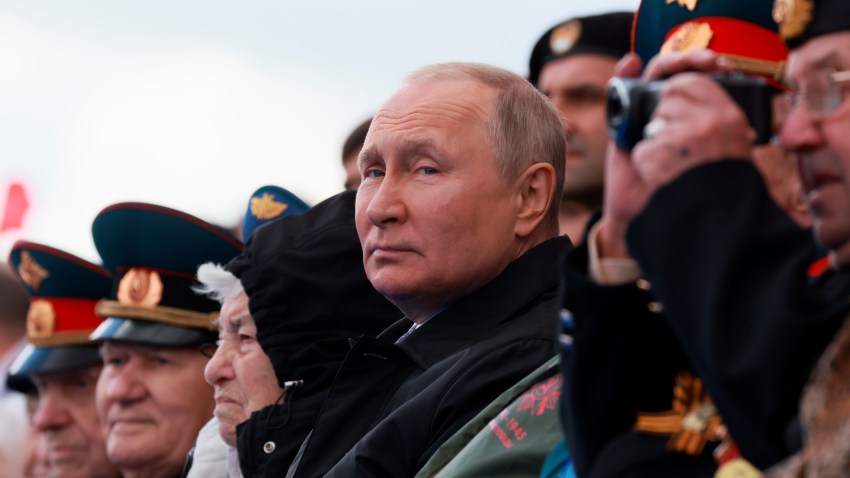Ever since the assassination of Boris Nemtsov within a stone’s throw of the Kremlin in February 2015, Russia analysts have tried to make sense of President Vladimir Putin’s increasingly unpredictable rule by reaching for comparisons with key moments in Russian history. Yet on closer examination, such comparisons are problematic.
The 21st-century Russian state cannot draw on the centuries of tradition that even incompetent tsars could rely on. And the Communist Party under Josef Stalin and Leonid Brezhnev used rhetoric and tools of repression in much more ideologically rigid ways than the celebration of Russian imperial traditions under Putin’s personalized form of rule. A more useful approach than looking to Russian history would be to compare the Putin regime with similar authoritarian regimes over the past 70 years in Egypt, Pakistan and Yemen.
The militarized autocracy developed in Egypt under the charismatic leadership of Gamel Abdel Nasser in the 1950s, in particular, presents remarkable parallels with the system that has emerged in Russia under Putin’s rule. In both cases, partial modernization of the economy and society through intensive centralization was legitimized by claims of restoring national glory. Nasser’s ruthless internal suppression of the Muslim Brotherhood—coupled with defiance against former colonial overlords France and Britain over control of the Suez Canal—helped project an image of social renewal and state strength. Similarly, Putin used the brutal suppression of the Chechen insurgency in the early 2000s to symbolically turn the tide in what many Russians perceived as an existential crisis in the aftermath of the Soviet Union’s collapse.

